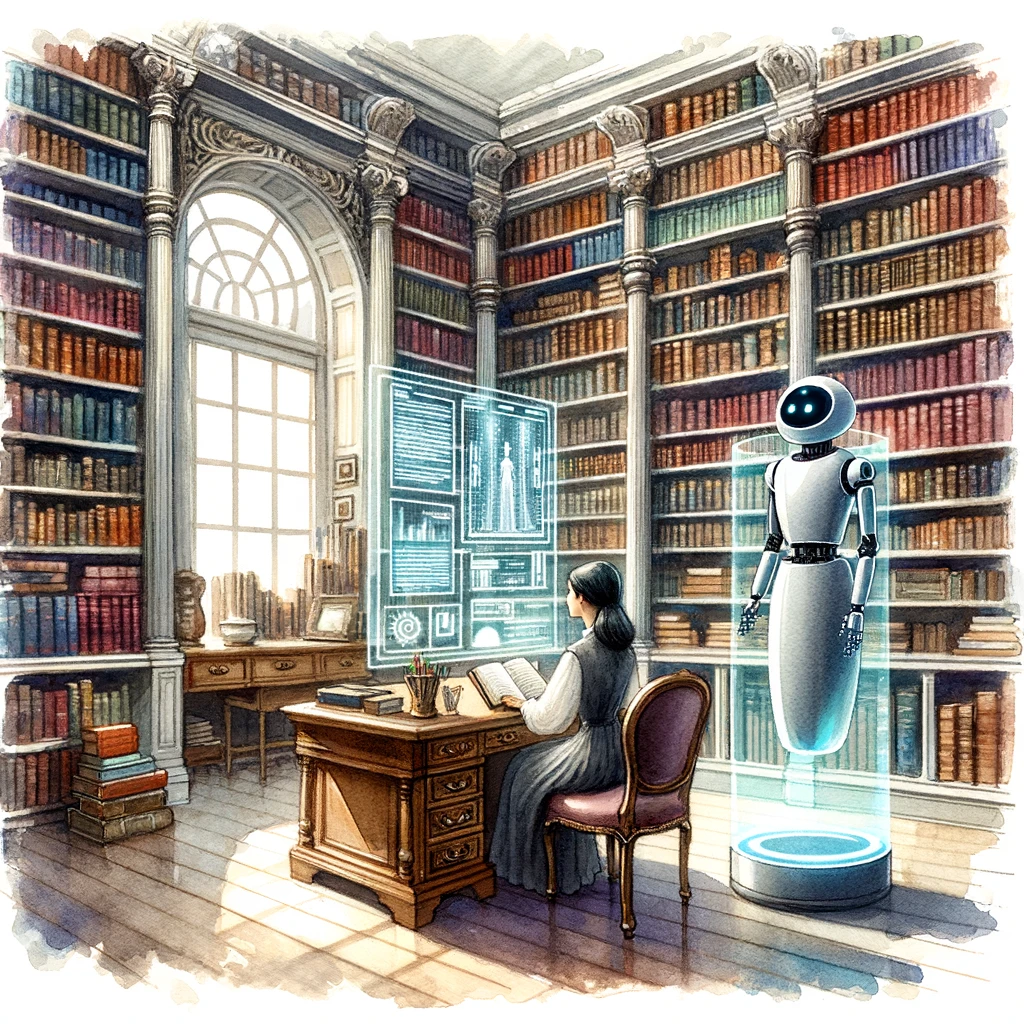
Sponsored By: Glean
This essay is brought to you by Glean, the AI-powered search for your work. Imagine having Google and ChatGPT, equipped and optimized for your workplace, at your fingertips, that is the power of Glean.
Years ago, Federal Express couldn’t deliver packages on time.
All packages were moved between airplanes at one central airport every night. The only problem was that the night shift wasn’t moving fast enough to get the job done—delays were common and customers were irate.
They’d tried everything they could to improve efficiency to no avail. Until they tried something new: they stopped paying by the hour. Instead, as soon as the night shift workers had completed the task of moving packages, they were allowed to go home with full pay.
Suddenly, packages were going out on time every night.
This story exemplifies one of investor Charlie Munger’s most famous adages: “Never, ever, think about something else when you should be thinking about the power of incentives.”
These sorts of Mungerisms are like catnip for business nerds. If you read through his speech, “The Psychology of Human Misjudgment,” you’ll find all sorts of heuristics and mental models like this. It’s dense with them. Listening to (or reading) it, you get the sense that if you could just imbibe it—really inscribe it in your brain—you’d make such good decisions you could do anything in the world.
Unfortunately, that’s hard.
Over the last 10 years there’s been an explosion in the use of mental models and heuristics by entrepreneurs. Andrew Wilkinson, the CEO of Tiny—a $400 million market cap public holding company of technology businesses—listened to Charlie Munger’s speech over and over again on his way to work for a year.
Everyone wants to learn the latest behavioral economics trick, psychological insight, or lesson from science or philosophy that can help them make decisions.
The problem is: we can’t remember to apply them. We make lists in Notion of our principles and use Anki to note down mental models. But they end up being mostly abandoned.
ChatGPT changes this. It allows you to bring to bear the best of what other people have figured out every time you make a decision. Every heuristic or mental model you could ask for is already in its digital brain. All you have to do is remember to use it when you’re making decisions.
I know because I’ve been using it. In order to show you how this works, I’m going to use ChatGPT to help the characters in a decisive moment in the movie The Big Short make better decisions. Then I’ll show you how to deploy it in your own life.
Selling shorts to Michael Burry
In The Big Short (which is based on the true story of the traders who profited from the 2008 financial crisis), investor Michael Burry has a meeting at Goldman Sachs. He wants to short the housing market and has decided to bet $100 million.
This looks like a good trade for the Goldman Sachs bankers. In order for this trade to lose money, millions of Americans would have to fail to pay their mortgages. This has never happened. There is no chance Burry is right. The bankers see dollar signs.
They take the trade. They laugh as he leaves their office:
We know how this ends: Burry’s right, and the bankers are just blind.
Homebuyers, enticed by the prospect of cheap loans and the American dream, have been buying homes they can’t afford. Lenders, enticed by short-term profits, have been bending the rules of who is allowed to get a mortgage and originating loans to subprime homebuyers. Banks have been buying these mortgages, bundling them into securities, and selling them to investors. Bank employees are being rewarded with bonuses for the amount of securities they can sell, not their long-term performance. Credit rating agencies that are paid big bucks to sanction these securities look the other way, labeling them safe even though they contain loans that will likely blow up. The government and the media pump home ownership as the most important signal of success, and the cycle continues.
How can you help the Goldman Sachs bankers in this scene make a better decision? Let’s assume they’re smart enough to double-check their mental models before they sign away the keys to the kingdom.
The Only Subscription
You Need to
Stay at the
Edge of AI
The essential toolkit for those shaping the future
"This might be the best value you
can get from an AI subscription."
- Jay S.
Join 100,000+ leaders, builders, and innovators

Email address
Already have an account? Sign in
What is included in a subscription?
Daily insights from AI pioneers + early access to powerful AI tools











Comments
Don't have an account? Sign up!
Dan.... it would be much better if it was real. Start with a big decision you are struggling with, there at Every. Then show how ChatGPT gets you to a better decision. I don't know The Big Short and what does that have to do with what you are trying to do with your life? You started out great and then this felt like 30,000 feet off topic.
@[email protected] thanks Georgia, i think you're right! great intro, body could've been better. i'll try again with something more personal in a few weeks. i have a lot of examples to pull from :) appreciate you!
@danshipper Felt pretty on topic to me. Great post.
Very enlightening. Please talk about how you think consciousness pans out with ChatGPT dataset scenarios. A double click for chatGPT deciphering an unknown Alec, let's say like me, what are the chances that I will get a good enough response for any of my dilemmas? Is this example over-extending or over-simplifying the use case given that it's Sir. Munger and Blurry.
An insightful read, you might be onto something. I've recently discovered Farnam Street, and have started to dive into the concept of mental models (which I had been unaware of, sadly so until now). While I'm preparing for an examination, that's due next year (and yes, it's a life and death examination for me (maybe not literally, but it's the most important of my life)), I'm trying to learn much more about mental models, and how I can use them in everyday life to take better decisions, in the little time that I'm left with. My preparation for that exam takes away about 12 hours of my time, so I try to learn stuff which can help me keep my mind sharp, so that I can unwind, and take a breath away from studying exam-centered information. The use of Generative AI for observing how Mental Models might apply in real-life situations, is a fascinating idea. There was a phase, when I was using ChatGPT for analysing different news articles from multiple perspectives, but then I stopped doing so at some point due to:
a. Paucity of time, with too much to study, that it looked like, there would be diminishing returns if I spent too much on a particular topic.
b. Since the examination that I'm preparing for requires me to develop critical thinking, I was apprehensive that using Generative AI to link the information consumed to other disciplines, or for analysis would hinder me from developing critical thinking skills. Maybe, I'm wrong in choosing self-relying too much, and maybe I can use it occasionally to make better decisions, without having to take the longer and more arduous route of learning things the hard way...I guess I'll chose a synthetic approach from now on. Thanks, it was an enjoyable read.
Prompts can be better, A few AI researches made this www.promptingguide.ai/ you can get better responses